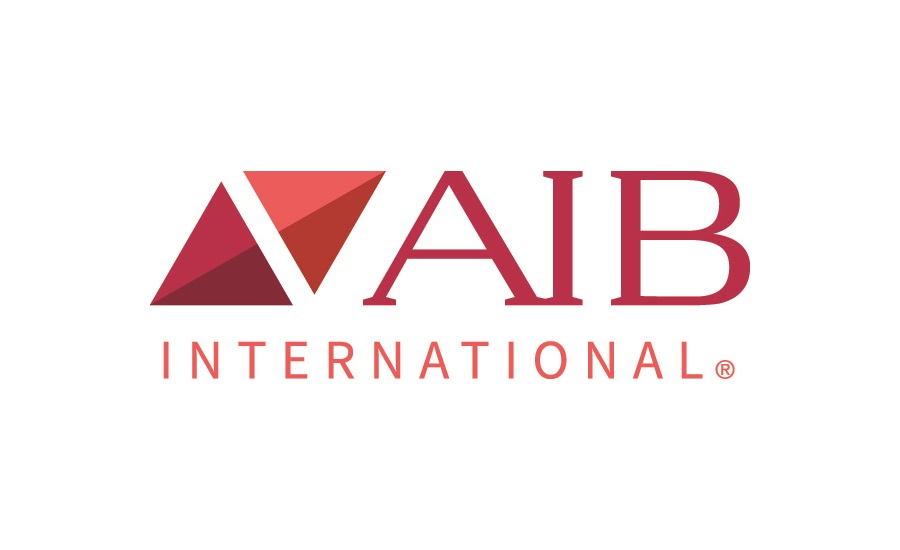COVID-19 has given food and beverage companies worldwide a crash course in operating during a pandemic. However, for most of them, their education and preparation doesn’t stop there. According to a new study by AIB International, 78 percent of food and beverage executives say they are actively preparing for a future global pandemic, with 30 percent expecting another one within the next four years and 50 percent expecting one within the next decade.
AIB International, a provider of training, inspections and consulting, regulatory assistance and certification services for the global food and beverage supply chain, commissioned the study to better understand the impact of the pandemic on the food and beverage manufacturing sector and assess preparedness for future pandemics. Research Strategy Group surveyed 325 senior-level North American executives at leading food and beverage manufacturing companies, retailers, distributors, and other supply chain partners.
“Even after the past year of disruption, almost half of respondents indicated they are still not adequately prepared with a plan for the future. Combined with the fact that 30 percent believe another global pandemic will occur in next four years—and a full 50 percent say within the next 10 years—that lack of preparedness is startling,” said Anne Coulter, managing director, Research Strategy Group. “Further, 62 percent of respondents experienced an increase in operating costs due to the pandemic, while the average increase among these companies was 20 percent.”
“This research highlights the dramatic impacts felt by so many companies in the industry due to a lack of preparedness. Despite the understandable ‘crisis fatigue’ from grappling with COVID-19 over the past year, it’s clear that now is time to prepare for the future and elevate critical planning to a best-in-class standard,” said Steve Robert, global vice president, product innovation, AIB International. “Should a future pandemic occur, improved preparedness will help offset some of the costs and disruption that so many operations have realized over the past year.”
At the height of the COVID-19 pandemic, AIB International launched Pandemic Prepared Certification to provide companies with best-in-class planning and protocols for supporting food safety, employee health and business continuity. The certification outlines clear, actionable, and rigorous standards developed with input from academia, government, and industry. It addresses five key areas: pandemic crisis management, health crisis mitigation and management, food safety continuity, supply chain disruption, and intermittent operations.
Other key findings from the study include:
State of preparedness
- 61 percent of respondents said their company did not have an adequate plan in place to deal with the COVID-19 pandemic when it began.
- 62 percent of respondents said they were not “very prepared” to deal with the COVID-19 pandemic. This included 83 percent of respondents from the retail industry, 57 percent of respondents from processing/manufacturing, and 66 percent from packaging, storage and distribution, import/export and other.
- Respondents from companies with revenue of less than $250 million felt less prepared than larger companies for the COVID-19 pandemic.
Impacts of the pandemic
- 76 percent of companies with annual revenue of $1 billion or more reported an increase in operating costs, compared to 62 percent of companies overall.
- 19 percent of companies realized an increase in operating costs and a decrease in revenue, while another 43 percent saw an increase in operating costs and no decline in revenue.
- There were two causes of increased operating costs mentioned most often. 75 percent of companies noted that PPE/updated work environments to meet COVID-19 protocols increased their operating costs, while 74 percent noted that sanitation increased their operating costs.
- One third of companies saw a decrease in revenue, and among those the average decrease was 27 percent.
- Employee absenteeism and cancelled/reduced orders were the top issues faced by companies due to COVID-19.
- Food safety and employee health are identified as the two most important areas for future industry education and preparedness.
Preparations for the future
- CEOs, leadership from companies with higher annual revenues and those in food processing/manufacturing are more likely to believe another global pandemic will happen within the next four years.
- While companies now feel more prepared than in the past, 45 percent still do not feel very prepared for a future pandemic.








